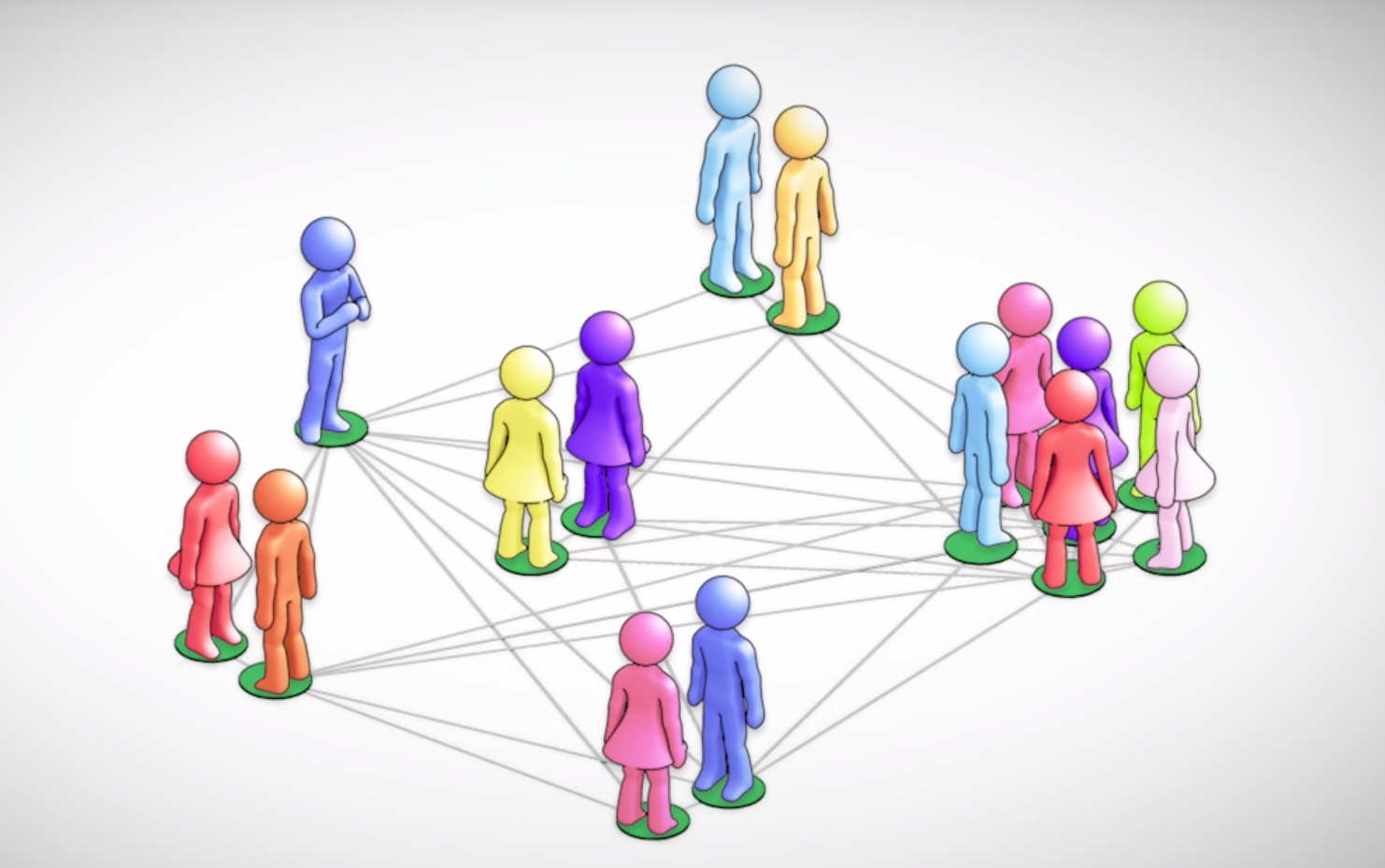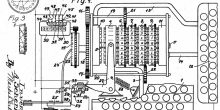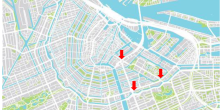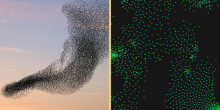One of the crucial aspects of working together in a big consortium like NETWORKS is actually meeting each other now and then.
Virtual meetings were of great help during the pandemic, and essentially a way to make sure things kept moving, but they are by no means -the real thing-. We were very glad that we could meet in person again in a NETWORKS training week. These training weeks are a combination of technical content and informal interaction, where we have noticed that the latter component is enormously important for the first component: the informal meetings have led to quite a few research collaborations.
Over the past 8 years, the content of the training weeks has evolved quite a bit. In the first editions, the entire week was filled with mini-courses on topics at the very core of NETWORKS. Gradually we have moved to a pretty different format, in which a substantial chunk of the time is devoted to presentations about new work by the team members, preferably being the result of collaborations within NETWORKS. For students it is a chance to gain experience in presenting — some actually use it as a tryout for a presentation to be held at a conference. The high level of these talks always strikes me, both in terms of the advanced content and in terms of the strong presentation skills.
Besides mini-courses and technical talks, there are two other directly science-related elements in the program. In the first place, there are open problem sessions, in which some of the NETWORKS members present an outstanding open problem that he or she came across. Quite often these generate discussion. It has occurred already a couple of times that the problem was actually solved by the end of the week, and it has even led to joint papers. In the second place, there is ample time for groups of researchers to sit together to talk about ongoing work. As many projects are collaborations between members from different nodes, these training weeks are a good opportunity to get together in person and to discuss in depth.
It is great to see how well the format works. We had two wonderful mini-course teachers, Daniel Valesin and Mark de Berg, who managed to make sure that technically demanding material very well came across. As mentioned, the short presentations by the NETWORKS members were of an excellent level. In addition, the social element is highly pleasant. De Schildkamp in Asperen is a highly comfortable location, offering many extras such as a large collection of board games, a set of dartboards, and even a bowling alley. Looking forward to the next training week!






